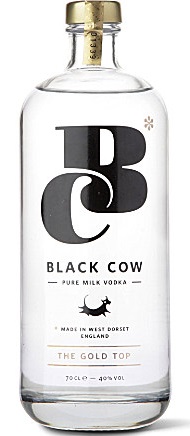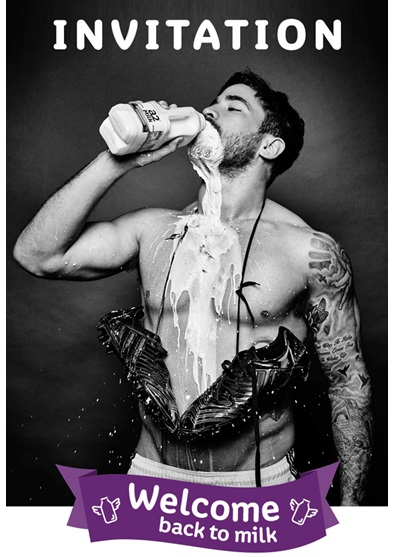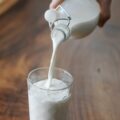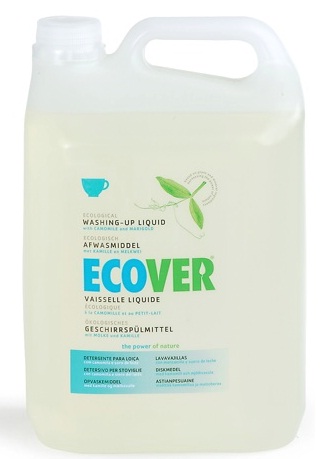This week I heard about an amazing new product being made in Dorset with whey from grass grazed cow’s milk. I can’t drink milk because I’ve got a dairy allergy so I was only half listening, but when I realised they were talking about a vodka made from 100% pure milk my ears pricked up.
Vodka made from milk?
Dairy in vodka?  How is that even possible?
How is that even possible?
And more importantly, why would anyone do that?
But not everyone has a dairy allergy and there are still plenty of vodka brands out there that don’t contain any dairy, but it did make me think – how do we know what vodka has been made with?
Vodka has always been a ‘safe’ drink that I knew wouldn’t cause me any allergic reaction. I ‘thought’ it did not contain any wheat or dairy or nuts but then it got me thinking. I knew that Coeliac UK list spirits as one of the alcoholic drinks which doesn’t contain gluten. I’m not a coeliac but I am allergic to wheat so I thought this meant spirits were safe for me too.
I’ve never seen a list of ingredients on a bottle of vodka so what is it made from?
What is vodka made from?
I always thought it was made from potato but, it’s not, not always. In fact, probably very rarely.
Wiki says that, “Vodka may be distilled from any starch- or sugar-rich plant matter; most vodka today is produced from grains such as sorghum, corn, rye or wheat. Among grain vodkas, rye and wheat vodkas are generally considered superior.”
What? So how do you find out which vodka is a sorghum vodka and is it even worth worrying about? Is there any allergen left in the product after distillation? Would someone allergic to one of the ingredients have a reaction? I know I react to wine that contains milk in the fining process so I think someone with an allergy to any ingredient could well experience some kind of reaction.
To make Black Cow pure milk vodka, they use the whey from the milk and a secret method of distilling the whey into a beer and then use that to make a 100% pure milk vodka – amazing. You can watch their fun little video which explains a little bit about how they do it here: http://www.blackcow.co.uk/
I suppose anything is possible but I cannot imagine what this product tastes like… weird?
If you have a dairy allergy and also enjoy the odd voddy, make sure you buy a brand you trust which is not brewed with 100% pure milk. Black Cow vodka is very clearly labelled as pure milk vodka so just keep your eyes peeled and don’t drink it milk allergic people!
I have never had an allergic reaction after drinking vodka but I don’t drink it that often anyway. If you do get unexplained reactions after drinking anything find out what’s in it – it could very easily contain allergens.
Finally, alcohol can speed up an allergic reaction so for those with allergies it’s important to make sure you know exactly what you’re drinking. Liquers can be made with nuts, cocktails can contain dairy, wine can contain milk and eggs, gin can contain almonds, beer can contain wheat… they are often not labelled with ingredients or allergens.
I think I’ll have a glass of water please…
For some further reading about alcohol and allergies, ‘Tired of Morning Hangovers? You Could Be Allergic to Alcohol’












I have checked with BLack Cow as I am also Dairy and Gluten Free and they have said the following:
The spirit has no additives or flavourings, is gluten free and is suitable for those with lactose intolerance, as all the milk sugar has been converted into alcohol
Thanks Kristin, that’s brilliant. thank you for checking.
Pure spirits don’t contain allergens as the distillation process reduces them to safe levels.
It’s liqueurs that you need to be careful of as the flavourings are added after distillation.
Really? I’m not sure I’d risk it though to be honest. And you don’t ever see ingredients on vodka and spirits so who knows. I’m not clear on the distinction between spirits and liquor, I thought they were the same thing! I think I can feel a blog coming on so thanks so much for your comment. I’ve never seen this distinction clarified before.